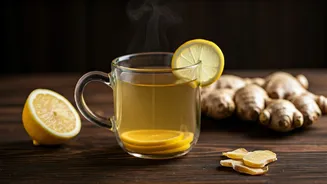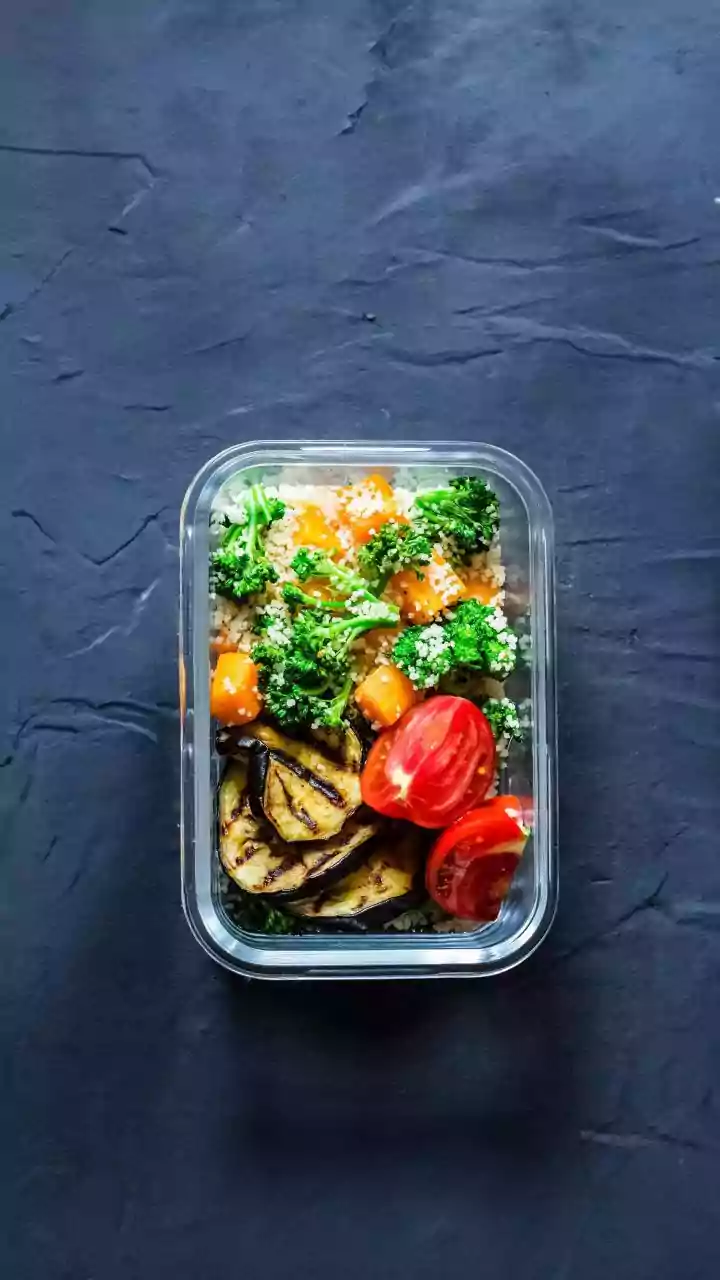Tea for PMS
Soha Ali Khan's ginger tea recipe provides a practical, easy-to-follow method for potentially easing PMS cramps. This choice, as noted by consultant dietitian
Garima Goyal, aligns with the historical usage of herbal remedies to manage menstrual discomfort. Warm tea with specific components may help reduce cramps, improve digestion, and offer a feeling of calm. Goyal highlights that while this tea does not replace medical treatments for severe period pain, it can be a supportive element of self-care during PMS. She emphasizes the importance of ginger in the recipe, which contains gingerols known for combating inflammation. This feature is believed to potentially provide relief from cramps. It is a traditional practice, often incorporating natural ingredients for their calming properties during periods.
Key Ingredients
The recommended ginger tea incorporates ginger, cinnamon, and honey. Garima Goyal notes that each ingredient plays a special part. Ginger is a popular selection since it holds gingerols, compounds acknowledged for their anti-inflammatory properties. These components could potentially assist in lessening the severity of cramps. Cinnamon is known for its ability to ease digestion and offer a sense of warmth, thus complementing ginger's effects. Honey, with its soothing properties, contributes to the relaxation aspect, making the tea a comforting drink during PMS. Together, these ingredients offer a multi-faceted approach to comfort and well-being during the menstrual cycle.
Benefits Summarized
The combined influence of ginger, cinnamon, and honey in a warm tea offers several potential advantages for those experiencing PMS. The primary goal is to reduce the pain of cramps, leveraging ginger's anti-inflammatory characteristics. Beyond cramp relief, the tea aims to assist digestion, which is often affected during menstruation. Lastly, the tea can induce relaxation, using honey's soothing qualities, helping women manage the physical and emotional aspects of PMS. This combination aims to provide a holistic approach to symptom management. It is intended as a complementary practice that supports well-being. It is important to remember that the tea isn't a substitute for medical treatment.



















